Tom Ward from Passion Fit Coaching discusses in this blog why always being focussed on outcomes can lead to demotivation and disappointment. He presents an alternative approach and shares some of the techniques he uses with his athletes.
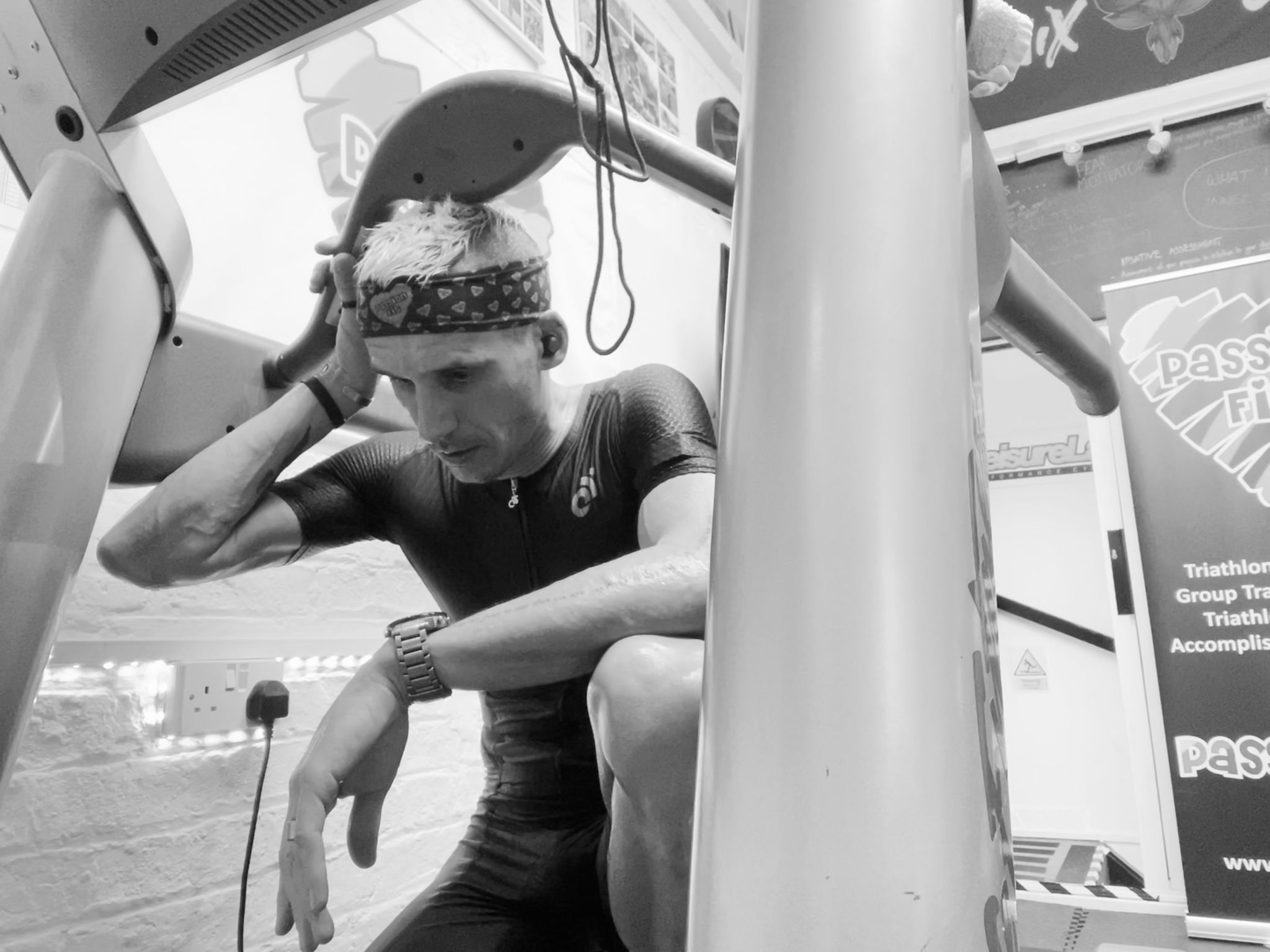

Tom Ward from Passion Fit Coaching discusses in this blog why always being focussed on outcomes can lead to demotivation and disappointment. He presents an alternative approach and shares some of the techniques he uses with his athletes.
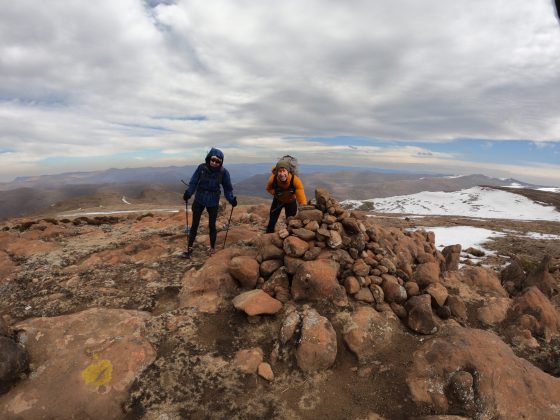
This is Part 2 of a two part blog by the Mountain Abandon coaches Nicolette and Pierre. While Part 1 discussed RPE, here Nicolette looks specifically at heart rate training, its use in ultra and trail running, and the importance of understanding your data.
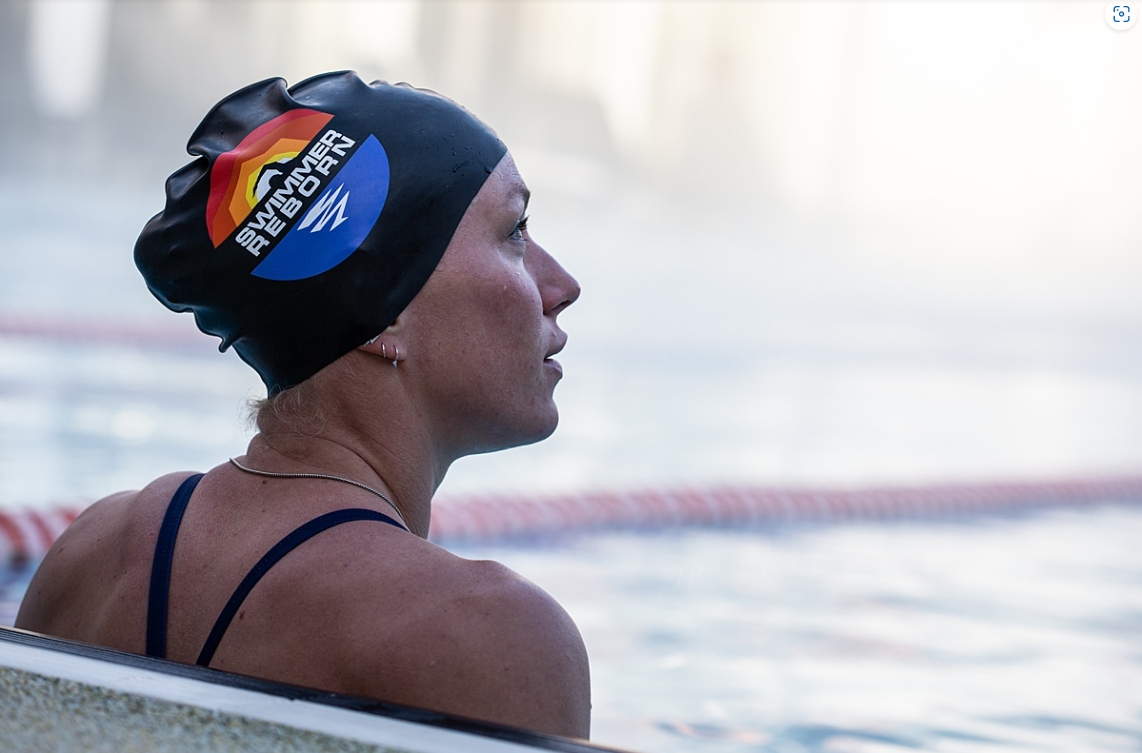
Inhibitory Analytical Syndrome (IAS) is something coach Julian Nagi has come across many times in his decades of coaching all levels of swimmers. If you are someone who struggles to swim fluidly because you are concentrating too much on all the technique queues you have been given, then this useful article may help you to progress more quickly. As Julian says “We are imperfect as human beings, and we are definitely imperfect as swimmers. The key is to find the best stroke that works for you.” Rhythm, momentum and flow are the most important words in a swimmers vocabulary and Julian is here to explain why.
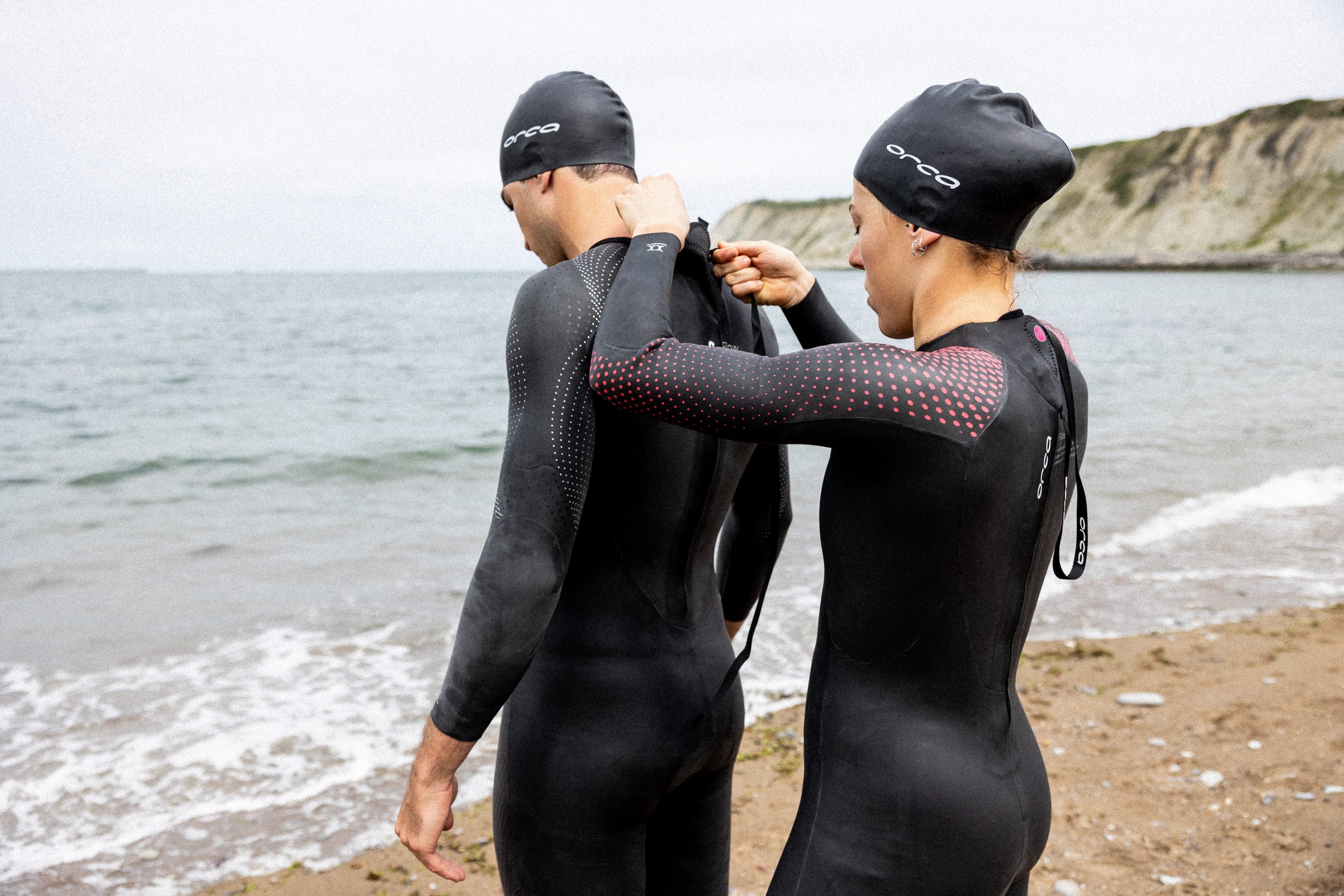
Wetsuit technology has come a long way in the last 5 years, and for the majority of people, if your wetsuit is older than 5 years then investing in a new one will have a significant impact on your swim times. But how do you choose the right one for you?
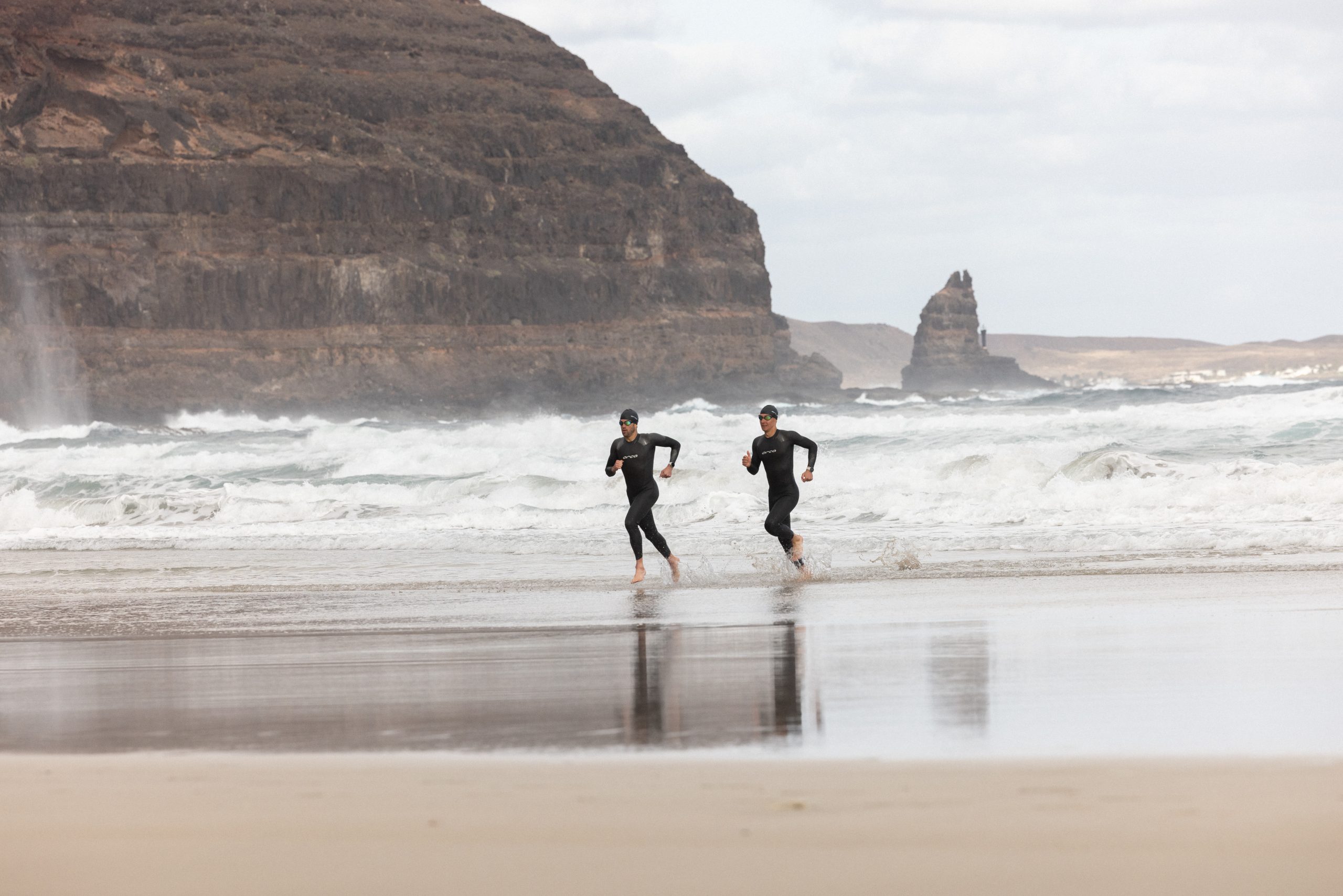
Xhale co-founder and hugely experienced triathlon coach Mark Livesey talks us through why for some athletes their pool swimming speed doesn’t translate to open water, and what they can do about it.

Caroline Livesey takes us through 6 Golden Rules for your day to day nutrition to help you get the most out of your training plan. While people are constantly looking for quick fixes to help with weights or energy management, as this article points out – if you don’t get the basics right you will never progress no matter how hard you train.
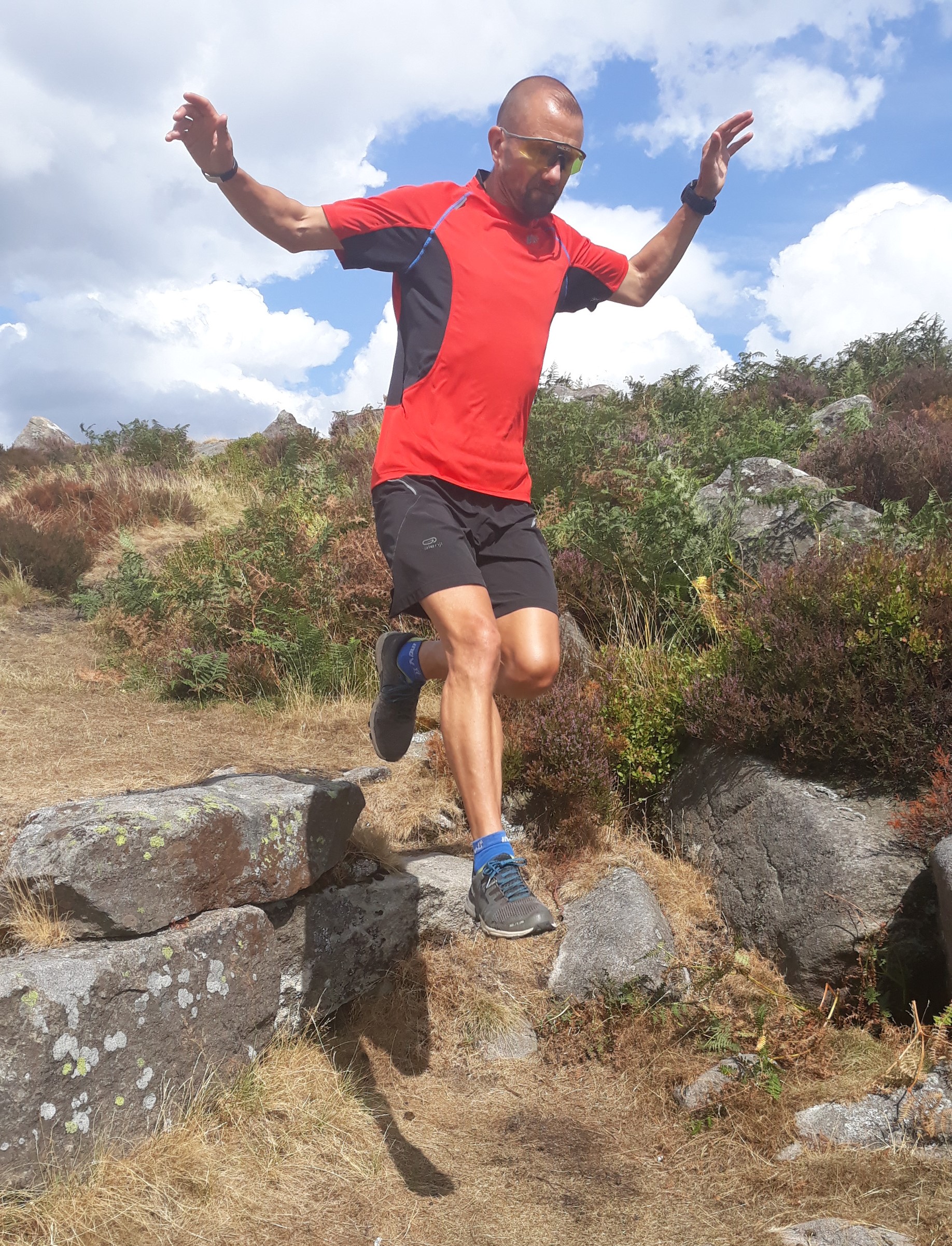
Fell and trail running seasons are notoriously varied, long, and difficult to train for. Here coach and mountain expert David Taylor of Fell Running Guide takes us through ways of structuring your season and training to get the best from yourself in these arduous races. He covers picking races, strength training, common mistakes and how to juggle all the demands on your body.
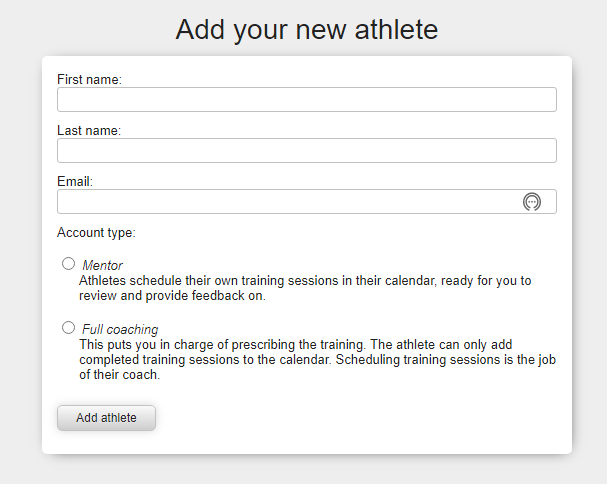
This is part 1 of our coaching resources – specifically for coaches and athletes using XHALE. Here you can learn about downloading the app, what the app can do for you, how to get started with onboarding athletes, and setting up their training programmes.
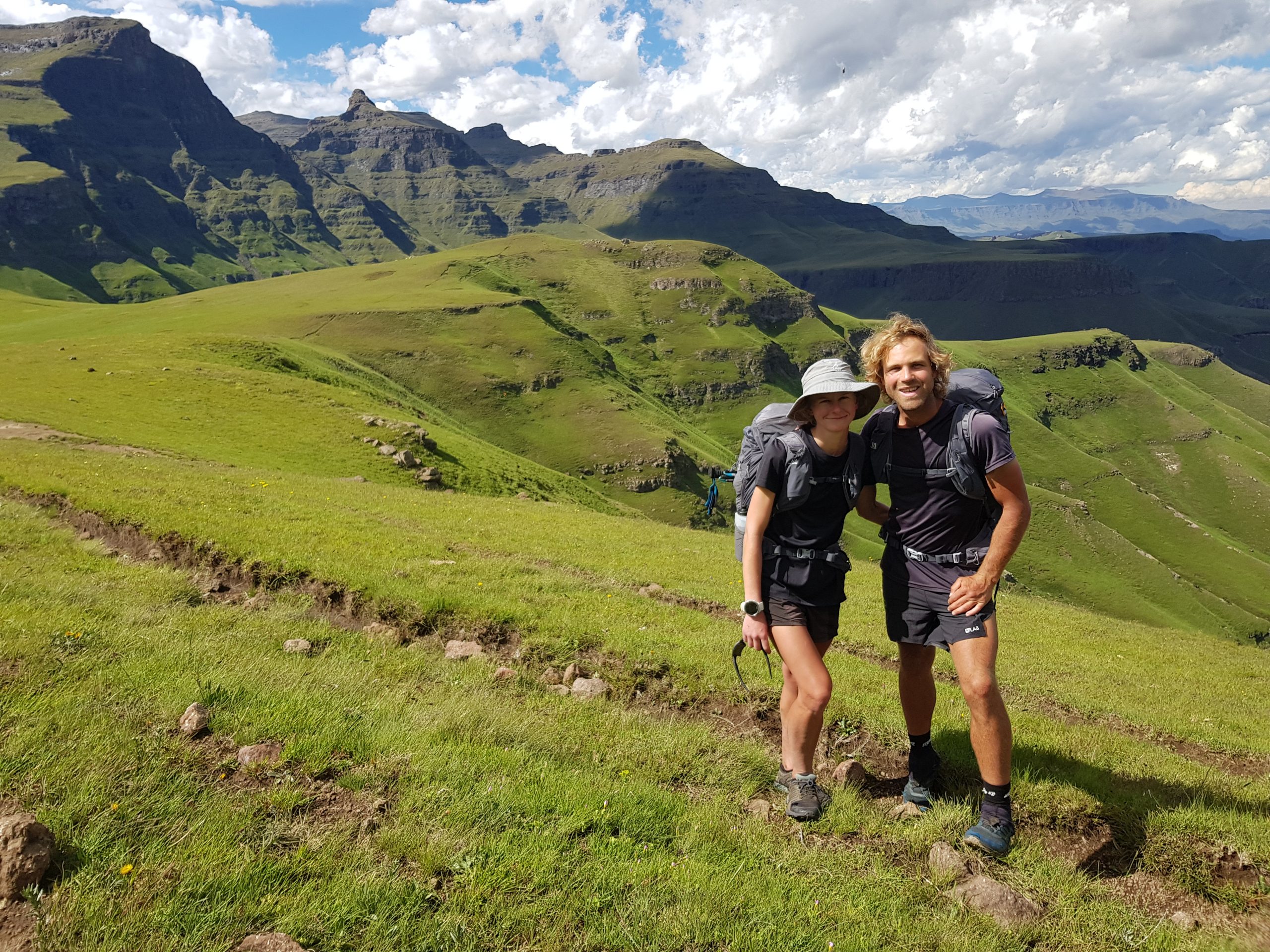
Pierre and Nicolette from Mountain Abandon were early adopters of our RPE scale for athlete feedback. In this article they present the science behind RPE, how they track athlete progress/fatigue with this data, and why they believe it develops the athletes inherent ability to self govern. In ultra running and endurance sports, being able to pace yourself correctly and evaluate intensity is key to success in both training and racing. With RPE we have a consistent measurement relaying only on the athletes brain, overcoming issue with poor data from devices which cannot know weather temperatures, caffeine consumption, sleep deprivation and other variables.
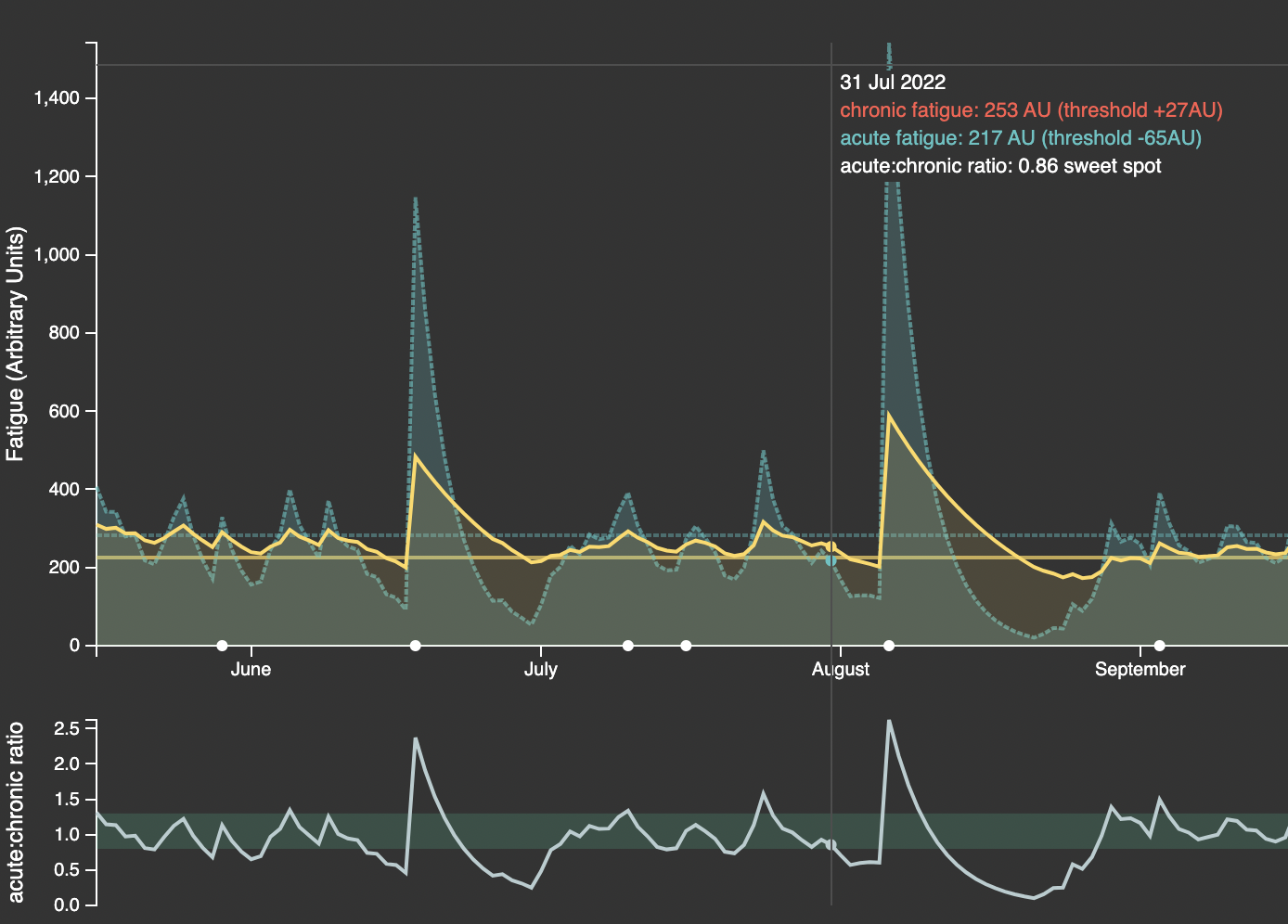
In this article Caroline Livesey explains why RPE is a key metric for her coaching, how it is integrated into Xhale, and how it might be useful for you as a coach. If you want to know more about this feature then this is the place to start.
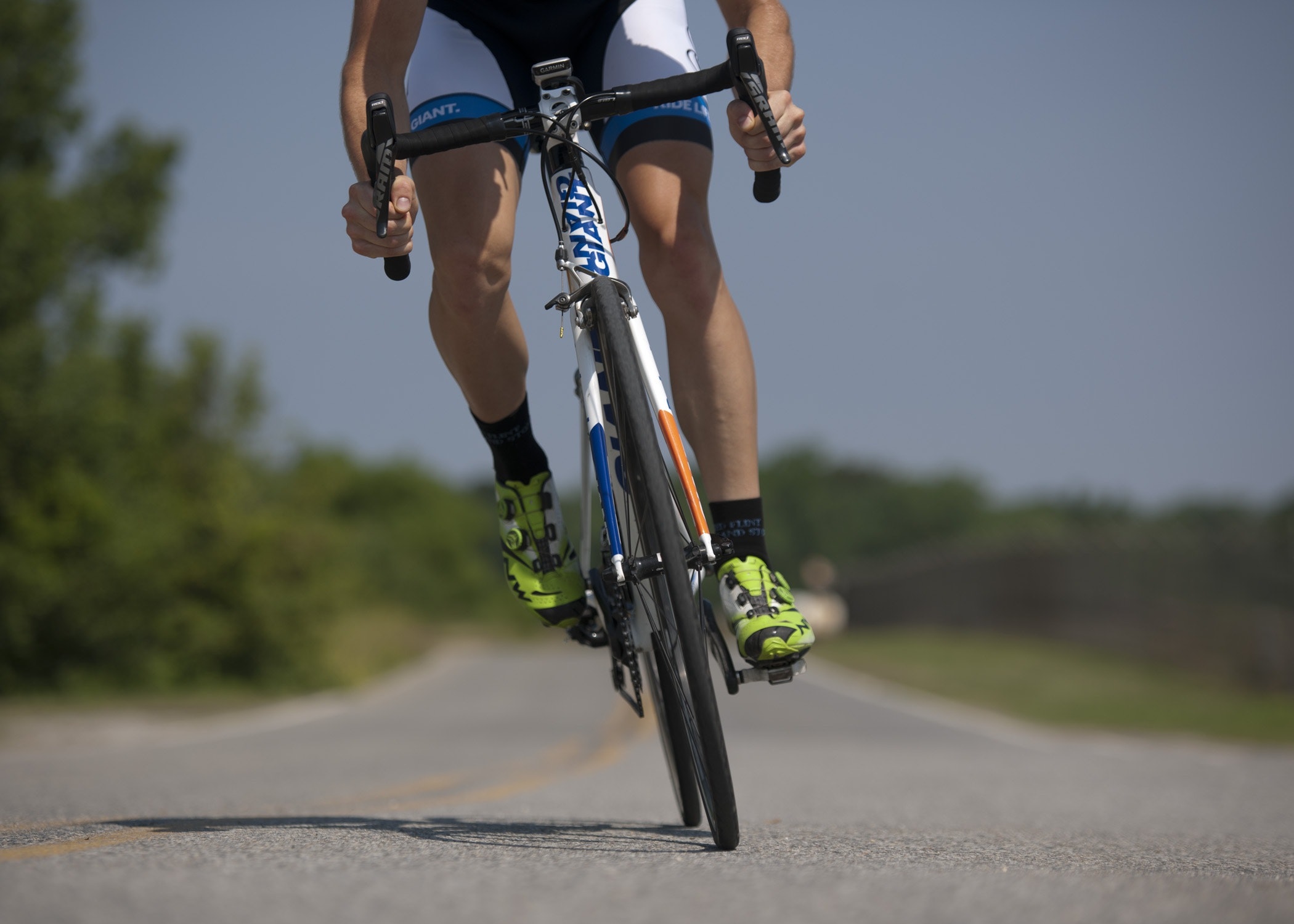
Training zones based on blood lactate levels are unique to each athlete. In this article Simon Vincent presents why lactate testing is more reliable than FTP, and how to use it in constructing training programmes and assessing your athletes.

After the Tokyo Olympics, Passion Fit coach Tom Ward looks at the modern culture around winning, glorification of winners, and discusses why this might not be the most important feature of sport after all.